Tourism has become a key economic sector, contributing significantly to the formation of our country's modern economic structure. Accordingly, proposing solutions will create a solid momentum for tourism development, specifically continuing to innovate awareness and thinking about tourism development.
In particular, fully recognizing that tourism is a comprehensive service economic sector, with profound cultural and humanistic content, making a major contribution to economic integration, creating momentum for other sectors to develop, bringing about economic, cultural, social, environmental, political , foreign affairs, security and defense efficiency.
Strongly innovate the thinking of tourism development according to the laws of the market economy, meeting the requirements of developing tourism into a spearhead economic sector. Raise awareness of people, businesses, and communities in civilized and friendly behavior towards tourists and protecting the image and environment, contributing to sustainable development, constantly enhancing the reputation, brand and attractiveness of Vietnam tourism.

Illustration photo source Internet
Regarding the improvement of institutions and policies for tourism development, it is necessary to review, amend, supplement and improve institutions, policies and laws to create conditions for tourism development. At the same time, preferential policies on land, tax and credit should be issued to mobilize investment resources in tourism clusters, tourism development driving areas, national tourism areas and areas with tourism potential.
Promote public-private partnerships and governance models that integrate public and private sectors, entrepreneurs and local communities in sustainable tourism development; establish conditions to create a favorable business environment, stimulate innovation, creative startups, develop business forces, and form many tourism businesses with strong brands; support small and medium enterprises and tourism business households to acquire new technologies, digital skills and access finance. Prioritize resources for planning, human resource training, market research, promotion, and tourism product development; develop community tourism; protect tourism resources and environment.
Continue to improve policies to facilitate entry, exit and travel for international tourists; create conditions for domestic and international airlines to open new routes and directly connect Vietnam with key and potential tourism markets. Improve regulations to manage and develop new business models in the tourism sector in accordance with actual conditions and situations.

Illustration photo source Internet
Regarding the development of infrastructure and technical facilities serving tourism, we pay attention to rapidly developing modern and synchronous infrastructure; focusing resources on investing in transport infrastructure in tourist clusters, dynamic tourism development areas, national tourist areas and areas with tourism potential; improving the ability to connect transport to tourist areas and tourist destinations; investing in stops and rest stops on roads. Upgrading, expanding and accelerating the construction of new airports; building specialized seaports and inland waterway ports for tourists; rapidly improving infrastructure and quality of railway services to develop tourism.
Innovate and improve the information technology infrastructure system, accelerate the digital transformation process in the tourism industry; digitize information and documents about destinations, build digital content repositories, towards forming and developing a smart tourism ecosystem. Attract social resources and investors with modern, environmentally friendly technology to invest in building technical facilities for the tourism industry, especially accommodation facilities, entertainment facilities, and high-end complex resorts, suitable for new tourism needs and trends. Focus on investing in and forming large-scale, modern conference, exhibition, shopping, sports, and entertainment centers in areas that are driving tourism development.
Regarding tourism human resource development, develop tourism human resources with a reasonable structure, ensuring quantity, quality, balance in occupational structure and training level, meeting competition and integration requirements; have policies to encourage and promote comprehensive human resource and labor market development, improve the quality of tourism human resources in terms of state management, business administration and tourism vocational skills, focus on training high-level management human resources and skilled workers.
Diversify training forms; promote socialization, encourage businesses to participate in training tourism human resources; focus on vocational and soft skills training for the workforce directly serving tourism, especially tour guides and tour guides at the site; organize training and foster knowledge and skills for the community participating in tourism business and contribute to promoting destinations and tourism images of the locality.
Strengthen the capacity of training facilities and high-quality tourism vocational training schools in tourism development driving areas. Encourage the formation of volunteer teams to guide and support tourists.
Regarding the development and diversification of tourist markets, regularly investigate and research the market, needs and tastes of tourists; build a database of tourist markets, develop diverse international tourist markets to continue to attract visitors, expand markets with the potential for rapid growth, large sources of visitors, high spending and long-term stays. Focus on attracting tourists from the following markets: Northeast Asia, Southeast Asia, Australia, North America, Western Europe, Northern Europe, Eastern Europe and the Russian Federation.
Pay attention to developing new, potential markets: Middle East, Southern Europe, South America, South Asia (India); expand and develop potential markets, with the number of tourists going abroad increasing rapidly each year, strongly developing the domestic tourist market. Pay attention to and create favorable conditions for all classes of people to visit, travel, and relax domestically; promote the tourist market combined with traditional education, learning about culture, history and ecology. Regularly research and grasp market trends to promptly meet the new needs and tastes of domestic tourists.
Promote the development of the market for resort and weekend tourism associated with health care, education, learning about historical culture, experiencing ethnic culture, and enhancing cultural exchange between regions. Reorient the market for festival and spiritual culture tourism in a harmonious combination with other purposes to overcome seasonality.
Regarding tourism product development, focus on developing quality, diverse, differentiated tourism products with high added value and enhancing the experience for tourists based on the advantages of resources of each region and locality, suitable for market demand and enhancing the competitiveness of Vietnam tourism. Strongly develop key tourism products with advantages of Vietnam tourism associated with the driving areas of tourism development such as prioritizing the development of sea and island resort tourism products and sea sports and entertainment tourism in line with the orientation of the Strategy for sustainable development of Vietnam's marine economy.
Focus investment resources on developing a number of tourism clusters and high-end beach resorts with strong brands in the international tourism market. Focus on developing cultural tourism products, associated with preserving and promoting the values of cultural heritage, history and traditions of the nation; focus on exploiting the diverse and unique culinary strengths of regions to form unique and different tourism products with competitive advantages, contributing to building a prominent brand of Vietnamese tourism.
Promote the development of community tourism, agricultural and rural tourism, eco-tourism, and adventure sports tourism. Continue to develop urban tourism products, conferences, seminars, and events (MICE) tourism; tourism combining shopping, medical treatment, health care, education, entertainment, especially night entertainment.
Strengthening connectivity and improving service quality in the tourism product value chain. Strengthening promotion, advertising, building tourism brands and international cooperation and integration in tourism, strengthening tourism promotion and advertising.
Innovate methods, tools, and content, promote the application of digital technology in tourism promotion and advertising, ensure unified, professional, and effective implementation; promote the power of communication and increase promotion on social networks. Focus on mobilizing social resources, combining state resources in tourism promotion and advertising.
Promote the role of Vietnamese representative agencies and overseas Vietnamese communities in promoting and advertising tourism; open Vietnamese tourism promotion offices in some key markets. Build tourism brands; focus on building and developing national tourism brands on the basis of developing regional, local, business tourism brands and tourism product brands. Strengthen coordination between levels and sectors in building and developing tourism brands to ensure consistency.
International cooperation and integration: actively and proactively cooperate bilaterally and multilaterally in tourism; prioritize regional cooperation and linkage to develop products and promote common destinations; effectively implement the ASEAN Mutual Recognition Agreement on Tourism Professions. Promote cooperation with countries and international organizations to exchange experiences, seek technical assistance, attract investment, and train tourism human resources.
Application of science and technology: accelerate digital transformation in the tourism industry; develop smart tourism; promote, advertise, build brands; manage tourists and tourism activities, tourism resources, control, monitor and warn of pollution based on the application of modern science, technology and digital technology platforms. Develop a smart tourism ecosystem; apply digital technology to connect to support and enhance the experience for tourists; expand the capacity to provide services combining real and digital channels; maximize the use of electronic transactions in tourism activities.
Applying digital technology, green and clean technology in tourism business such as: widely applying technology in tourism service payment towards minimizing cash payments, guiding and encouraging tourists to use electronic payment methods on smart devices. Applying information technology to complete the tourism statistics system; building a tourism industry database system, connecting with the national database system.
Regarding State management of tourism, including improving the effectiveness and efficiency of state management of tourism, perfecting the legal system, standards and national regulations on tourism. Continuing to perfect the state management apparatus of tourism from central to local levels, ensuring synchronization, effectiveness and efficiency, meeting the requirements of developing key economic sectors.
Innovate inter-sectoral and inter-regional coordination activities on tourism, improve the operational efficiency of the State Steering Committee on Tourism and the Provincial Steering Committee for Tourism Development; gradually form a mechanism for coordinating tourism development by region to meet the requirements of tourism development linkage. Enhance the role and responsibility of local authorities at all levels in building a civilized lifestyle, ensuring hygiene, environment, food hygiene and safety, security and safety for tourists; create a civilized and friendly tourism environment.
Strengthen inspection and control of service quality and destination management; disseminate and popularize tourism laws. Protect the environment, adapt to climate change and prevent natural disasters. Promote awareness and strongly implement measures to protect resources, the environment, and conserve biodiversity. Improve pollution control capacity, ensure prevention, reduction and effective handling of pollution sources from tourism activities. Focus on forecasting, warning, proactively preventing and mitigating natural disaster damage, adapting to climate change in the construction and operation of tourism service facilities. Encourage tourism service facilities to use clean energy, renewable energy, recycled and reused products, and apply clean technology to limit environmental pollution and reduce greenhouse gas emissions./.
Vuong Thanh Tu


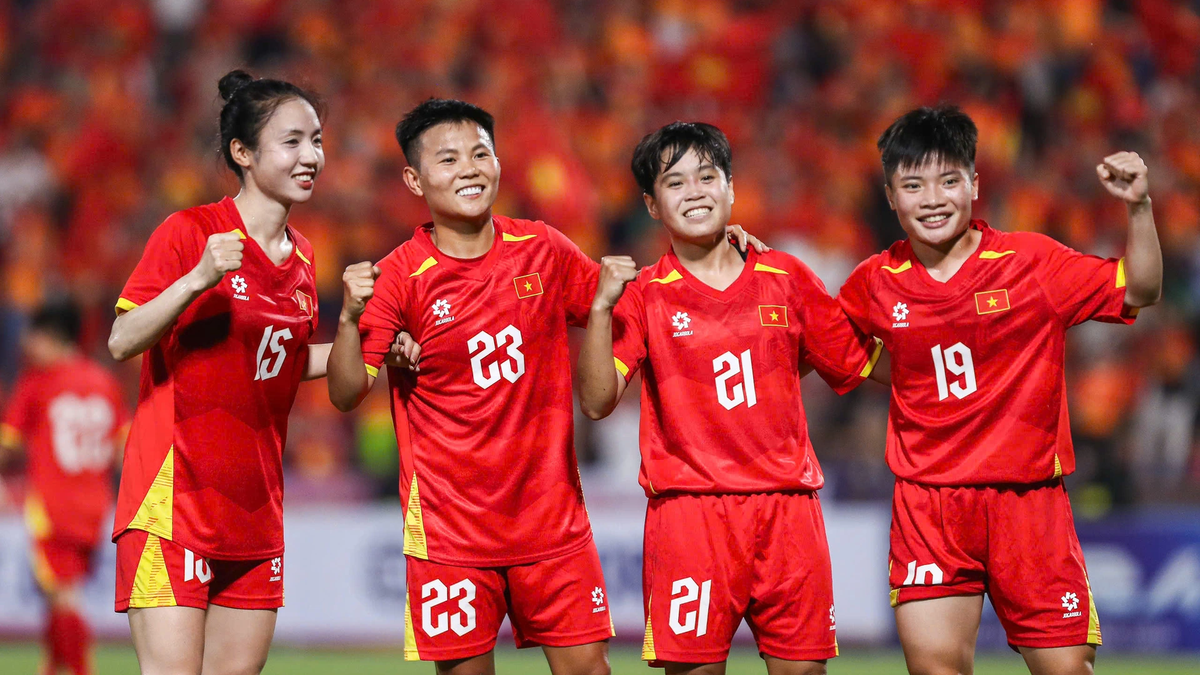
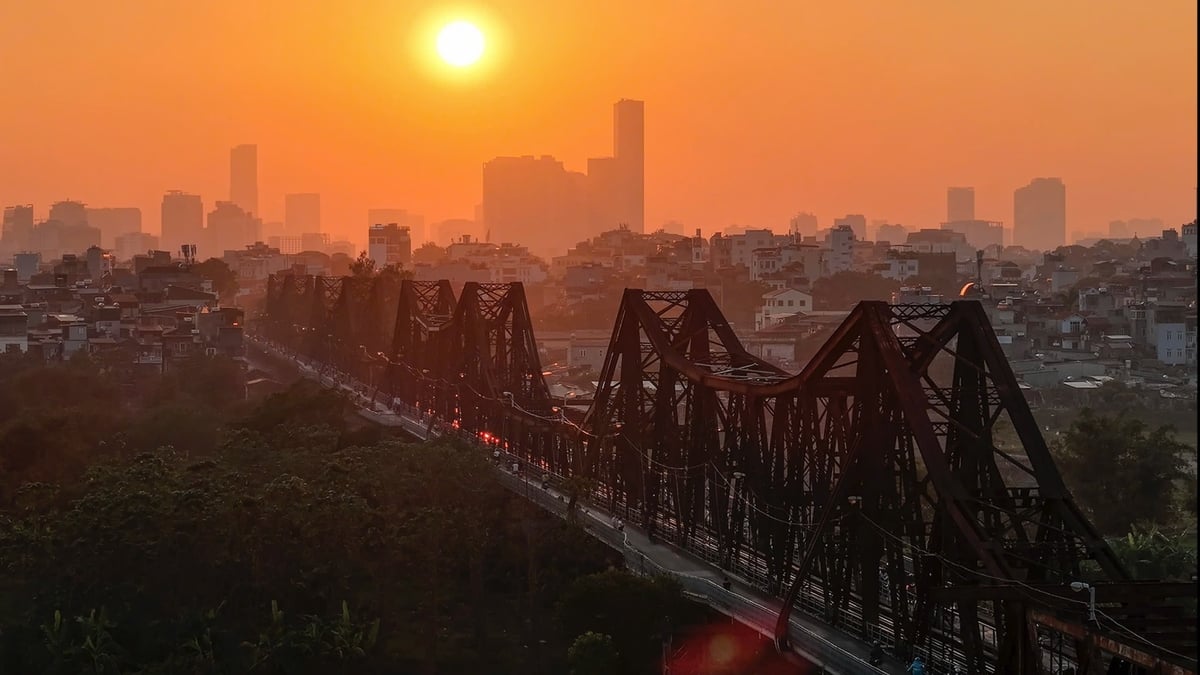
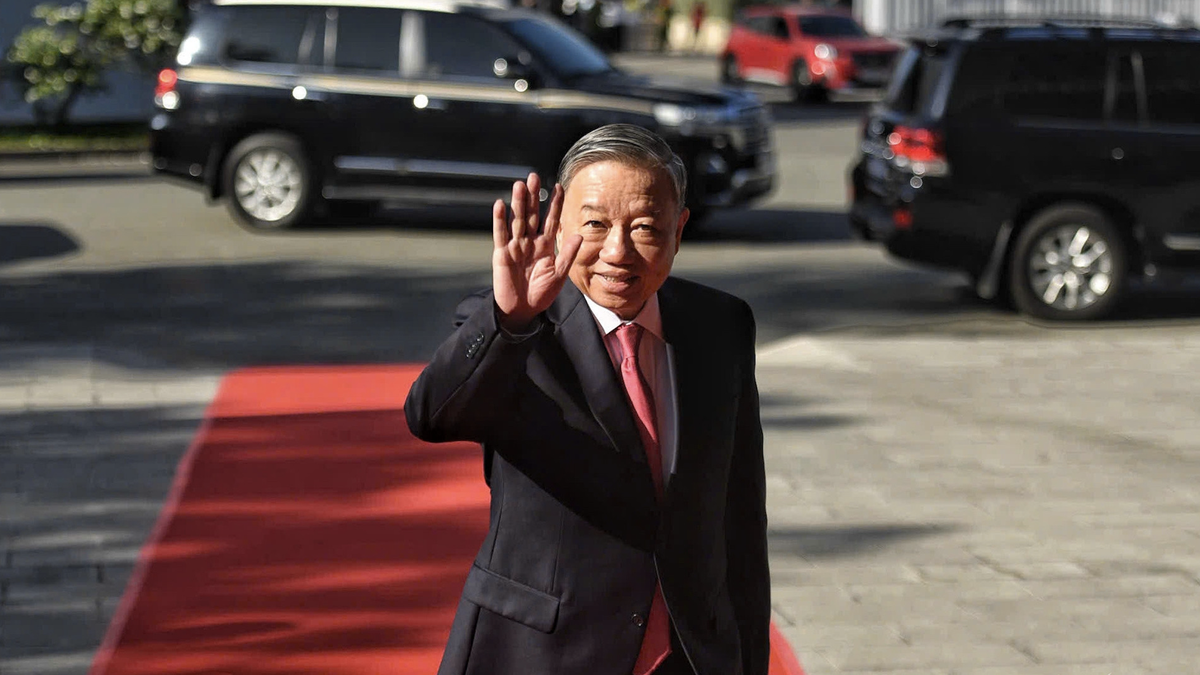
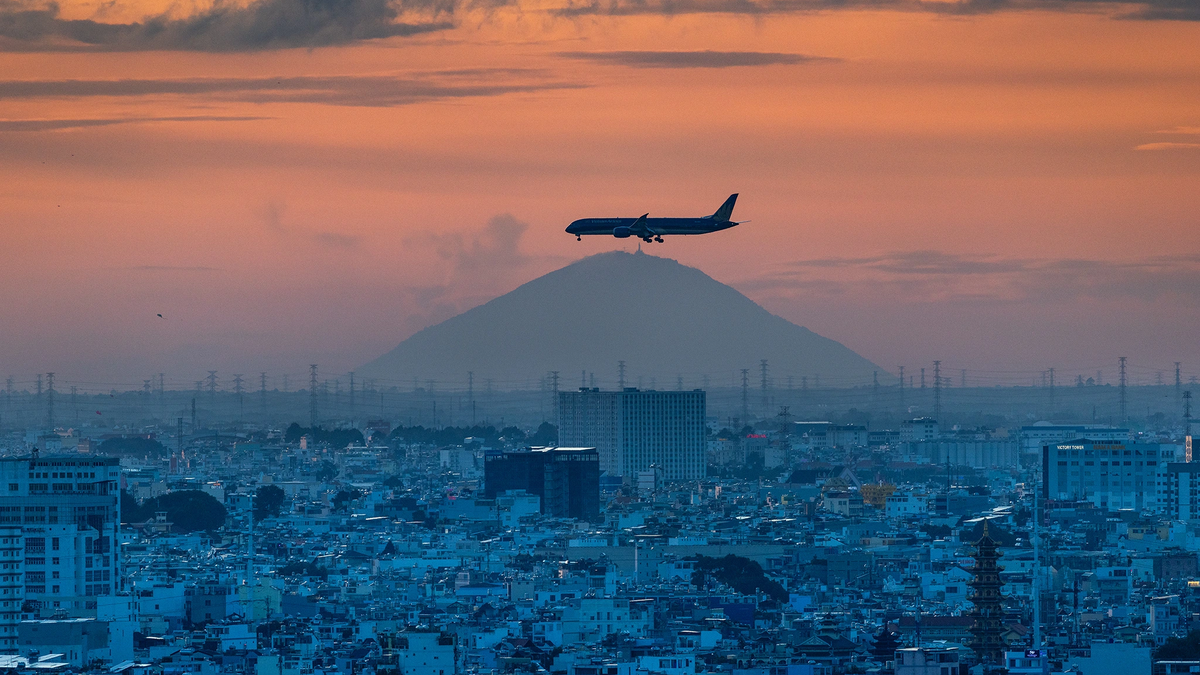
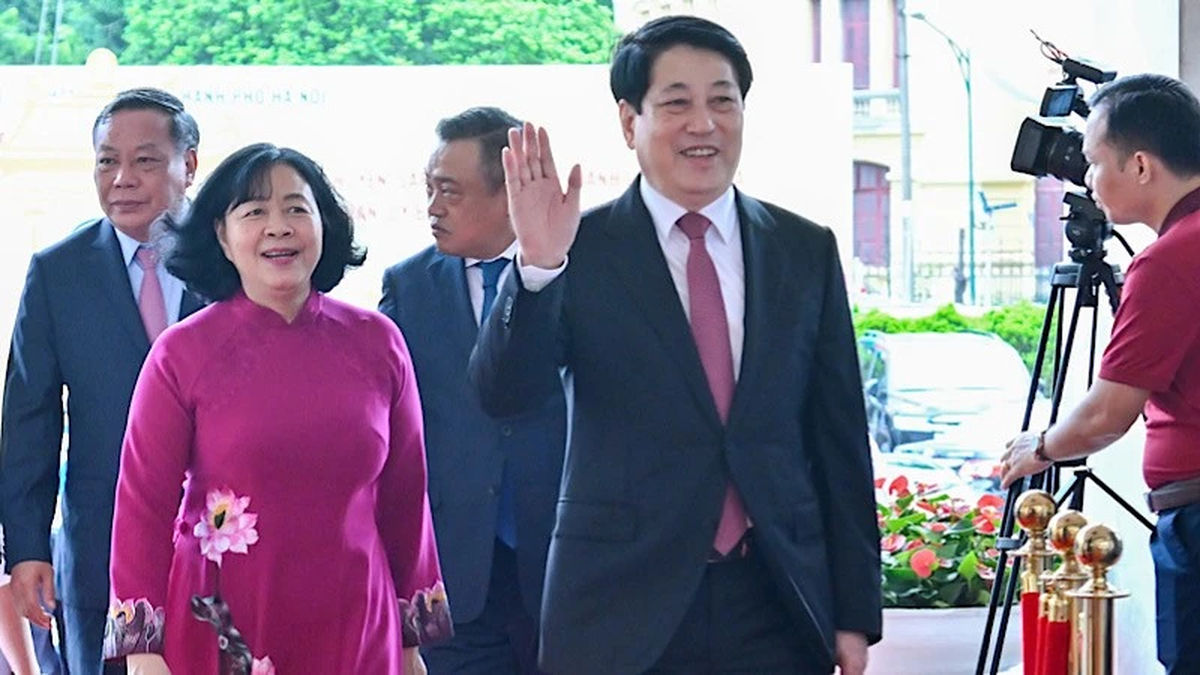
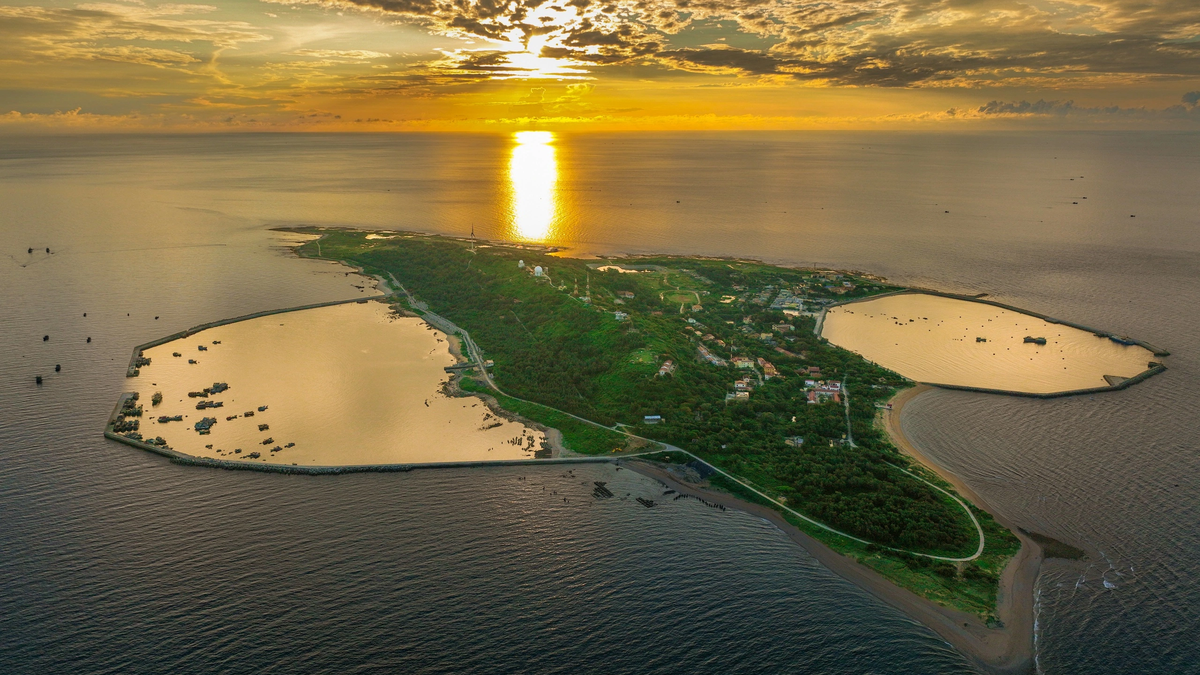
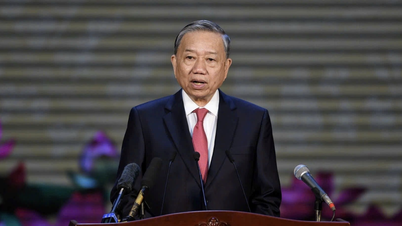



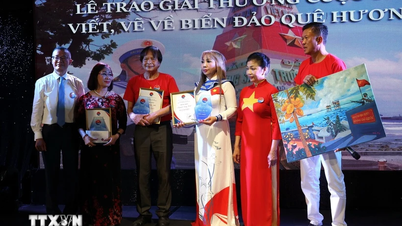

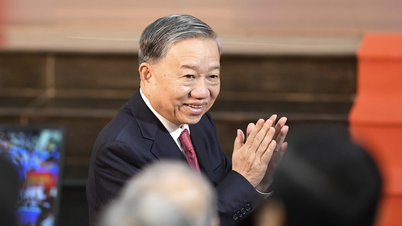

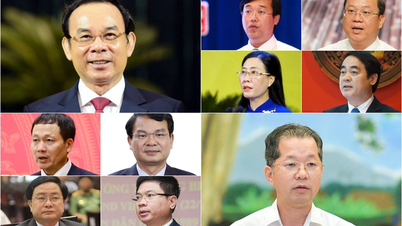

![[Photo] General Secretary attends the announcement ceremony of Resolutions on merging administrative units in Ho Chi Minh City](https://vphoto.vietnam.vn/thumb/402x226/vietnam/resource/IMAGE/2025/6/30/ab1bd03cc8bb4f60b2665f4915f258c5)





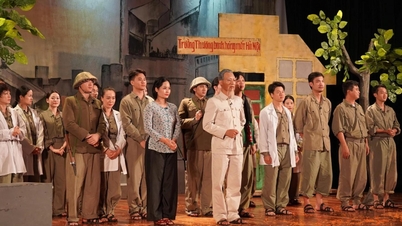
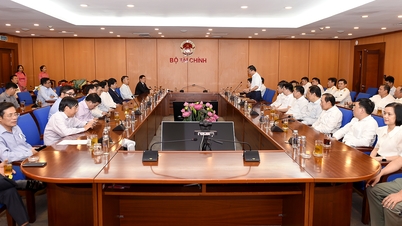


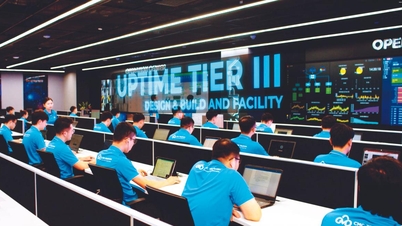


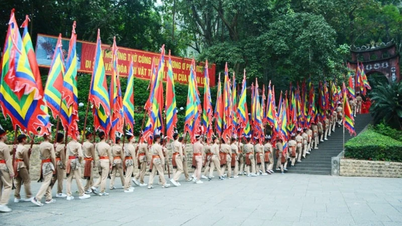

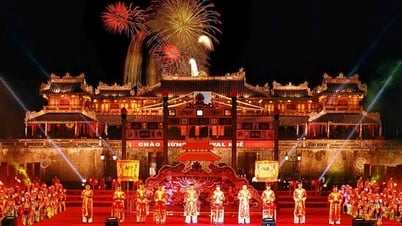



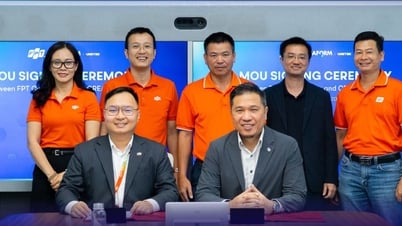

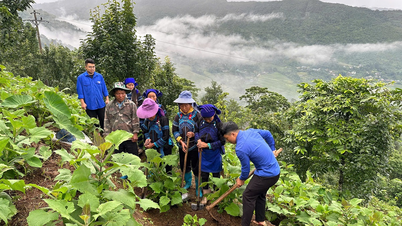
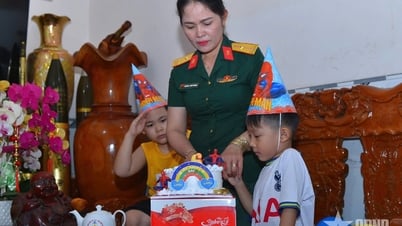
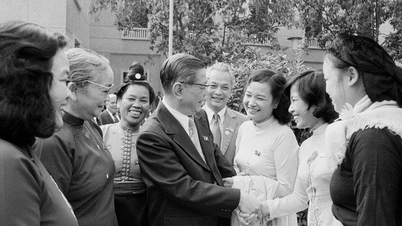
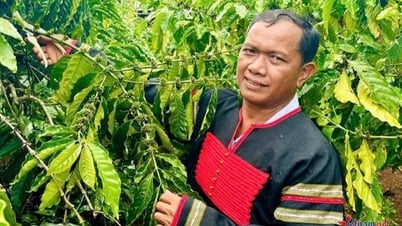
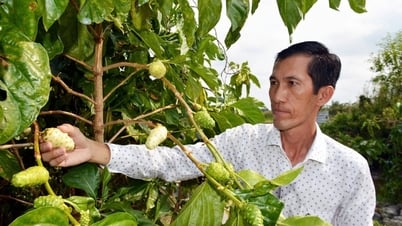


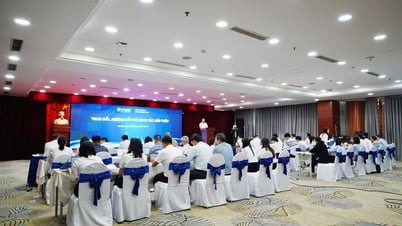

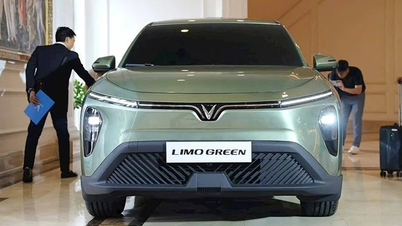


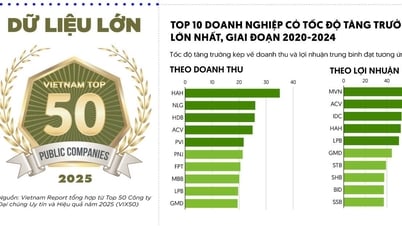

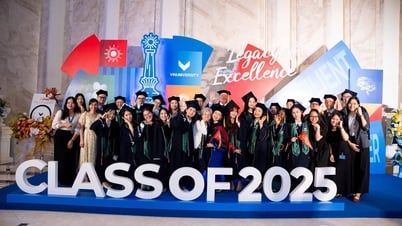

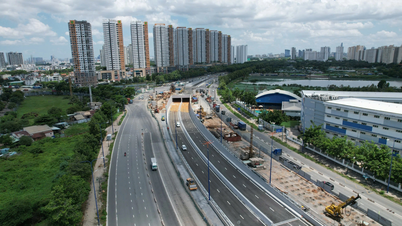
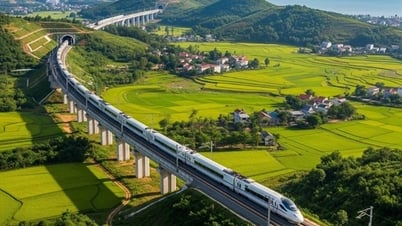
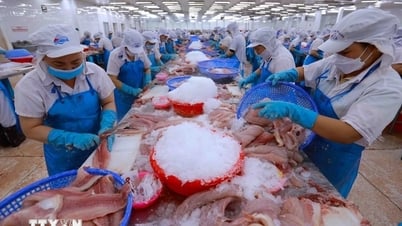

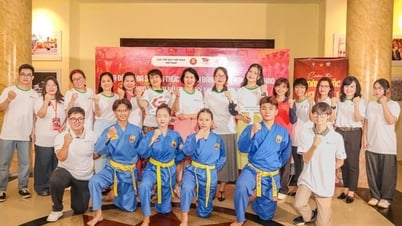

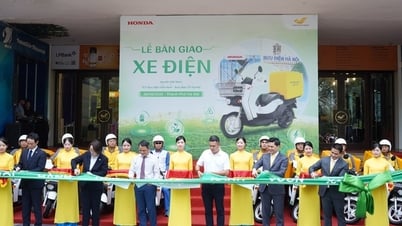

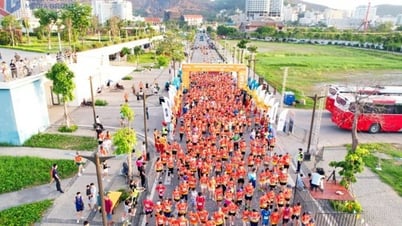
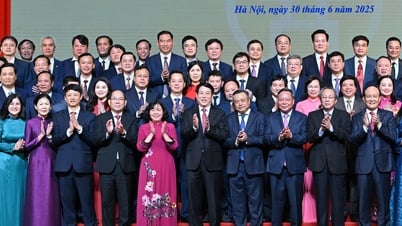

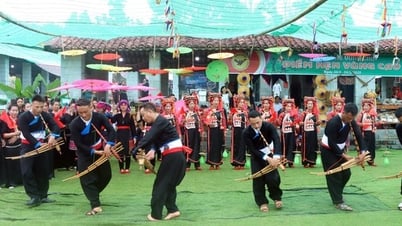
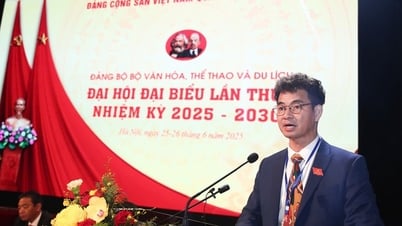
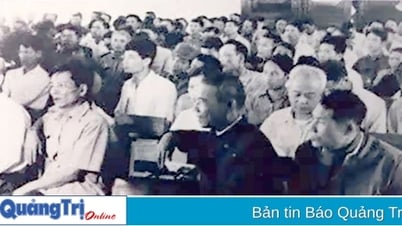

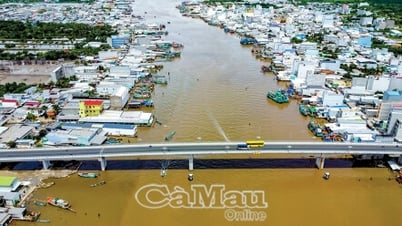

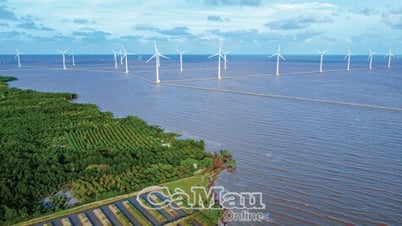
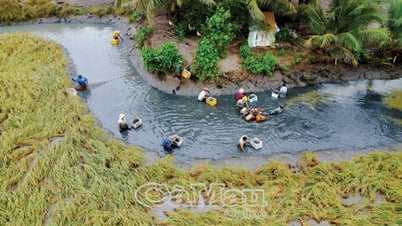
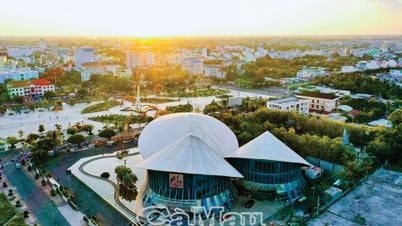
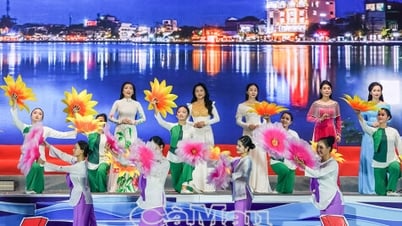










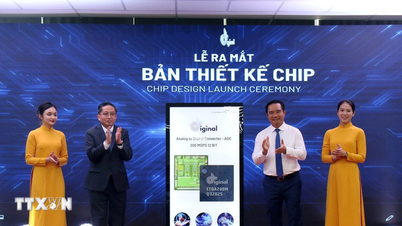

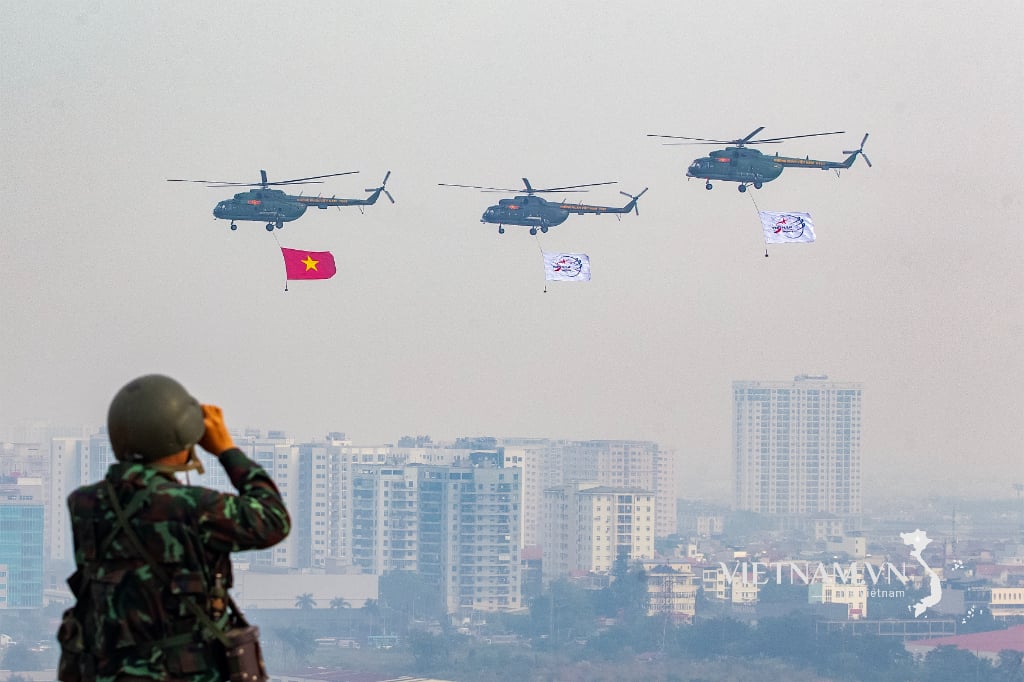
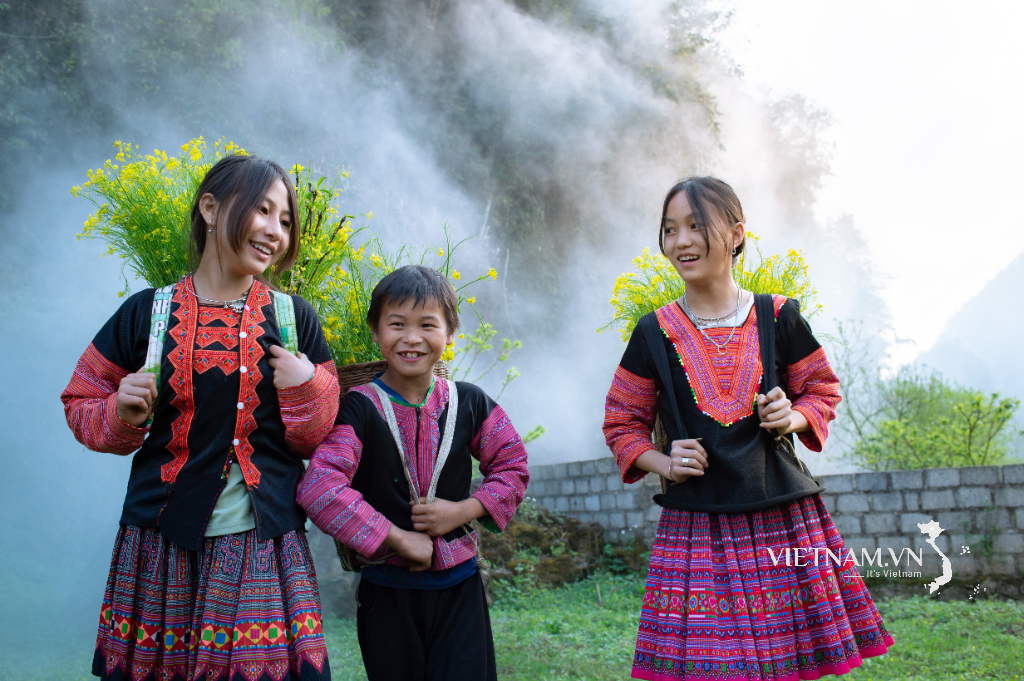
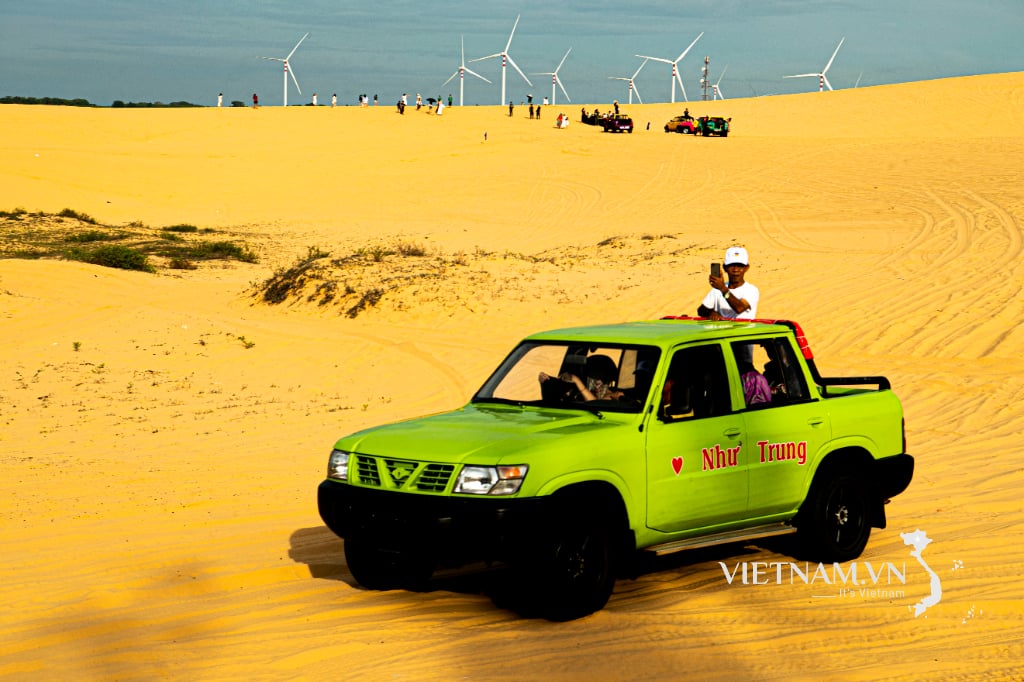
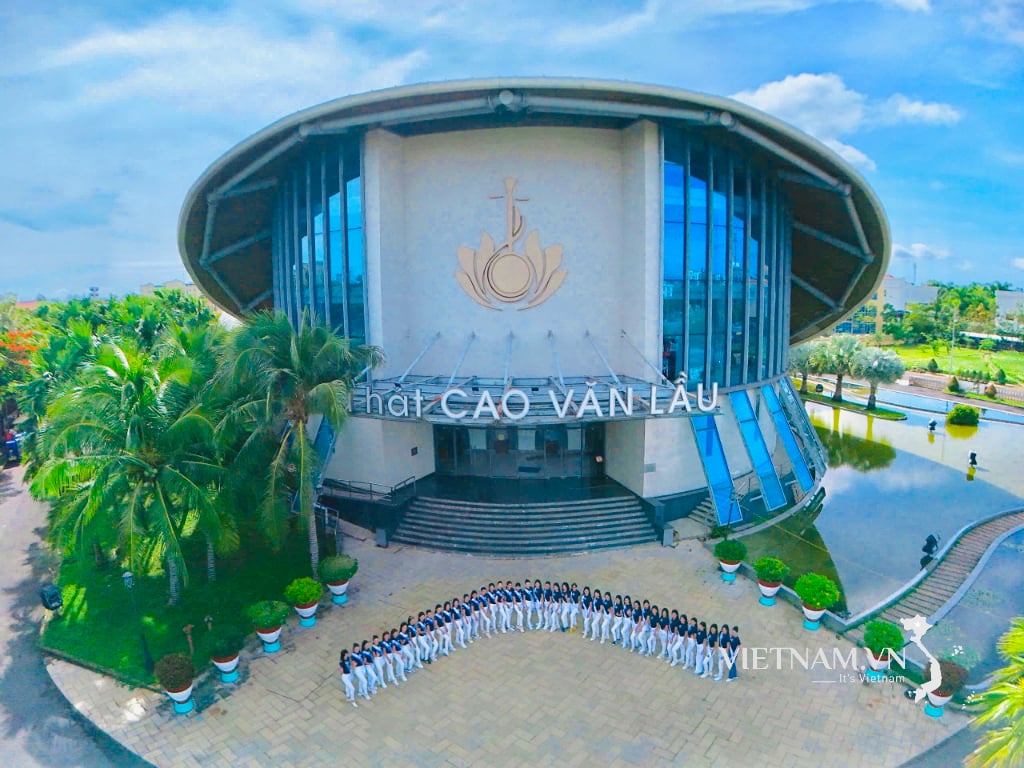
Comment (0)